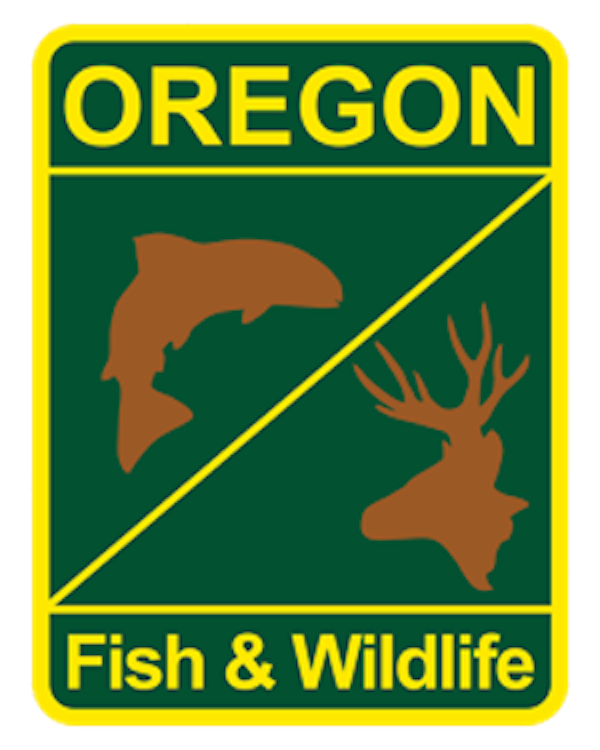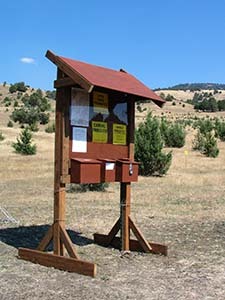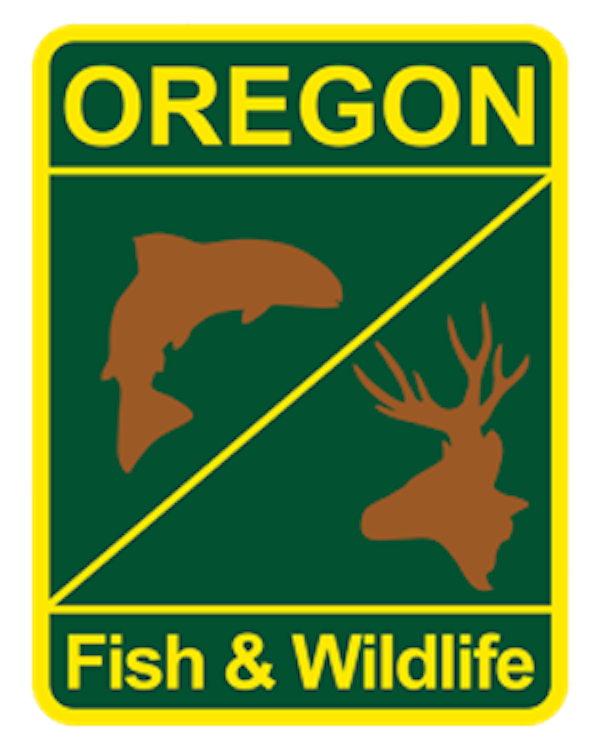Fish Report for 2-12-2022
Early low water flows leave native fish vulnerable to human activity

by OR Department of Fish & Wildlife Staff
2-12-2022
Website
GOLD BEACH, Ore – Abnormally low water this time of year in south coast streams is leaving native fish and redds (fish nests) vulnerable to disturbance. Wild winter steelhead are just starting to spawn while fall chinook fry are leaving their redds and emerging from stream gravel.
Biologists surveying wild winter steelhead spawning report an uptick of recreationists driving across creeks and streams and landowners cleaning up native streamside vegetation. This is attributed to the warm, dry weather.
Normally at this time of year, water flows would be much higher, and it would be raining. People would not be driving across streams or maintaining streamside vegetation.
Flows now are typical of late spring said district fish biologist Steve Mazur. He is concerned about people disturbing spawning fish and redds that are now being exposed due to low water.
Driving across streams can destroy the redds and fry and lower water quality by stirring up silt and gravel. Native streamside vegetation keeps streams cooler, provides cover for the fry, and stabilizes the riparian area.
Mazur asks coastal residents and visitors to help preserve wild fish by not driving ATVs or vehicles across streams. He also asks landowners to leave native streamside vegetation.
Mazur said winter steelhead spawn in south coast streams until early May. Spawning surveys continue through April.
The winter steelhead spawning surveys are a monitoring action included in the newly adopted Rogue-South Coast Multispecies Conservation and Management Plan.
More Reports
Several hunters win prizes for completing A&H access permit

2-5-2022
SALEM, Ore.–It pays to be a conscientious hunter. Six hunters were awarded prizes for filling out a daily use permit...... Read More
ODFW researchers looking for information on old female black rockfish

2-4-2022
Dear Fisher, We are looking for old female black rockfish and are hoping you can help us find them. We would...... Read More

Website Hosting and Design provided by TECK.net